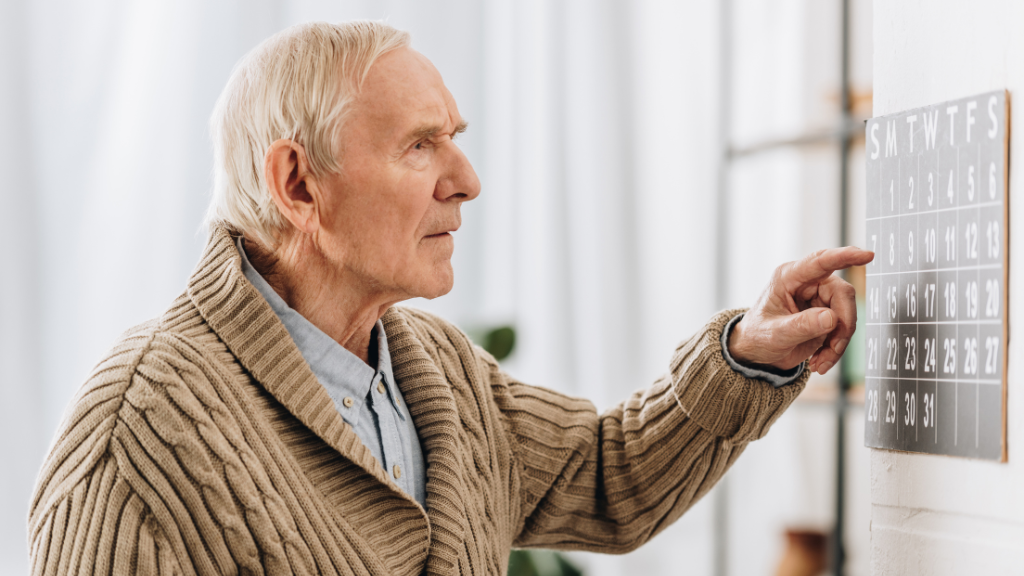Did you know that Leading Edge Senior Care has a Dementia Support Group? We meet monthly in Mesa. For more details <click here>
Why It’s Important To Have Routine In Senior Care
Why It’s Important To Have Routine In Senior Care
Maintaining a sense of routine is vital for the well-being and quality of life of seniors in care. As we age, stability and predictability become increasingly essential, providing a sense of comfort and security. In the context of senior care, establishing and adhering to a structured routine offers numerous benefits that contribute to overall health and happiness.
Stability and Comfort
Seniors often face significant life changes, such as transitioning to assisted living or dealing with health challenges. A consistent daily routine can provide stability and a sense of normalcy in the face of these changes. Knowing what to expect each day helps reduce anxiety and stress, creating a more comfortable environment for seniors.
Cognitive Support
Routine can have a positive impact on cognitive function, particularly for seniors with conditions like dementia or Alzheimer’s disease. Engaging in familiar activities at specific times can help trigger memory recall and improve cognitive abilities. Regular routines also promote mental alertness and clarity.
Physical Health
Structured routines encourage regular physical activity, which is crucial for maintaining physical health. Whether it’s daily walks, exercises, or scheduled meals, routines help seniors stay active and engage in essential self-care practices. This, in turn, supports healthy aging and prevents issues like muscle atrophy and joint stiffness.
Sleep Patterns
Establishing a consistent daily routine can greatly benefit seniors’ sleep patterns. Going to bed and waking up at the same times each day helps regulate the body’s internal clock, leading to better sleep quality and overall restfulness. Adequate sleep is vital for energy levels, mood, and cognitive function.
Social Interaction
Routines can facilitate social interaction and prevent isolation. Participating in group activities, mealtimes, or scheduled outings encourages seniors to engage with others, build relationships, and maintain a sense of community. Regular social interactions combat loneliness and promote emotional well-being.
Medication Management
For seniors with medication regimens, a routine helps ensure timely and accurate medication management. Taking medications at consistent times reduces the risk of missing doses or accidentally doubling up. This level of organization is essential for managing chronic conditions and preventing complications.
Sense of Purpose
Having a routine gives seniors a sense of purpose and meaning. Engaging in daily activities and knowing what to expect fosters a sense of accomplishment and fulfillment. This is particularly important for individuals who may have retired or experienced major life changes.
Reduced Anxiety
Changes and uncertainties can lead to increased anxiety for seniors. Routine minimizes unpredictability and provides a framework for the day. By knowing what comes next, seniors can feel more in control and less anxious, contributing to better mental health.
Enhanced Autonomy
Following a routine empowers seniors to make choices and decisions within a structured framework. This autonomy promotes a sense of independence and control over their daily lives. Seniors can make choices about their activities, hobbies, and even meal preferences.
Family and Caregiver Communication
Having a routine can improve communication between seniors, their families, and caregivers. Regularly scheduled times for visits, calls, or updates ensure that everyone involved is on the same page. It also helps family members and caregivers anticipate and address seniors’ needs more effectively.
Conclusion
In the realm of senior care, the importance of routine cannot be overstated. It serves as a cornerstone for stability, well-being, and overall quality of life. From promoting physical health and cognitive function to reducing anxiety and fostering a sense of purpose, routine offers a multitude of benefits for seniors in care.
By recognizing and prioritizing the significance of routine, caregivers and families can provide a nurturing and enriching environment that supports seniors’ overall health and happiness.

